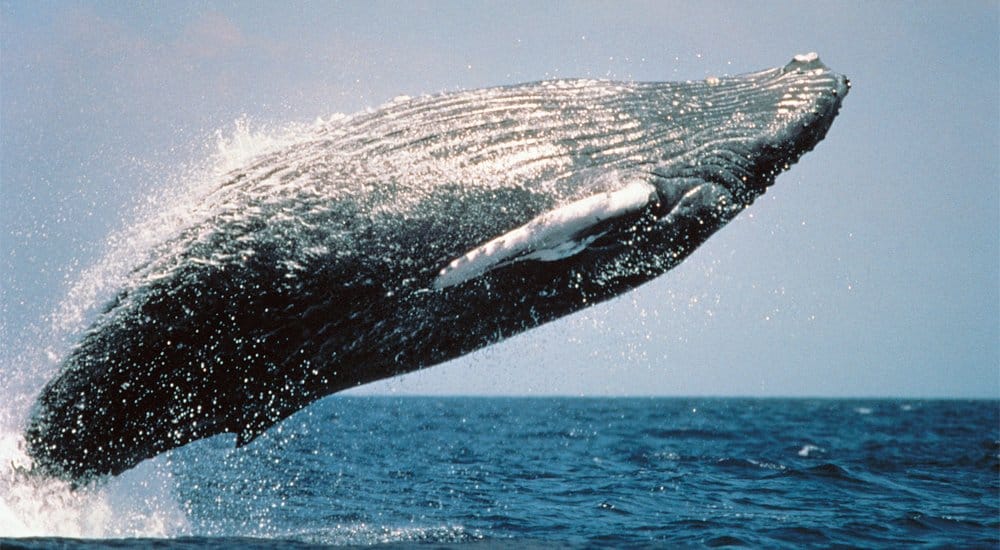
Whales Could Be The Key To Creating Synthetic Blood
There are at least two things whales are famous for: swimming through the ocean, and being huge. That’s more than enough for them to have earned the respect of the people, since they tend to carry an air of majesty with them. As it so happens, they may carry more than that; they could be the greatest blood donors the world has ever known.
The secret — and the plan to create reserves of efficient, synthetic blood — comes down to the whales’ innards. They can store huge amounts of oxygen in their bodies, as expected of animals that dive into the depths. Part of that comes down to a protein called myoglobin, which absorbs the oxygen taken in and distributes it to the muscles. Humans have it as well, but it’s a paltry amount compared to whales — and even then, the whales’ version is up to twenty times more efficient, and sixty times more stable.
Having run a multitude of tests over two decades, biochemist John Olson and a number of his students have seen the applications: by creating a unique bacteria strain, it may be possible to make a protein that works in tandem with myoglobin. By extension, they could successfully create synthetic blood that’s as good as or better than the real thing — the perfect gift for hospitals and trauma patients who have to rely on dwindling, short-lived supplies. More studies of whales are no doubt required, but it looks as if the ocean’s denizens are offering up plenty.



